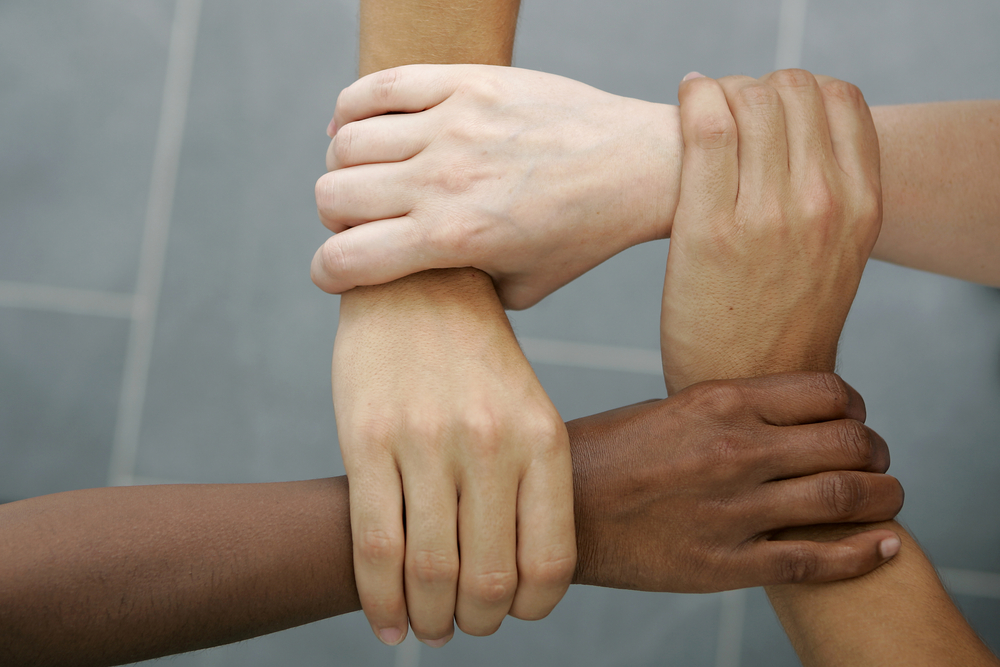
Just like in Alcoholics and Narcotics Anonymous, the first step to recovery is to admit that you have a problem. But in politically-correct America, people don’t want to admit they’re racist. While our country continues to struggle with racial tensions—with police exacerbating the issue by recklessly shooting young black men and women—a pastor in Sunnyvale, California has taken the unlikely step of offering a 12-step program, more often associated with drugs and alcohol, for people who wish to heal from racism.
“The first step is that you have to acknowledge that you have a problem,” Pastor Ron Buford of the Congregational Community Church told the Washington Post. “That is something that we as Americans don’t want to do. We all swim in this culture of racism. It’s impossible to not be racist to some degree.”
Pastor Buford began holding meetings of Racists Anonymous in 2015, in response to police shootings across the nation that was compounded by Dylann Roof’s murderous rampage at a black church in Charleston, South Carolina. Since then, a dozen people started attending weekly Racists Anonymous meetings, and more than 30 other churches across the nation are in the process of establishing their own groups, inspired by Buford. Ultimately, the goal is to have RA meetings all across the country just like AA and NA, says the pastor.
“AA says you are an alcoholic forever,” said Buford, who is African-American. “I actually think it’s probably true with racism. The hope is for future generations.” The RA meetings in Sunnyvale hosts members of all races, with whites being the majority. The pastor asks attendees to make a list of people they’ve harmed, with the goal being to make amends and take a personal inventory, using introspection to admit and recognize racist behavior they have exhibited in the past.
At the meetings, people share their experiences and feelings regarding race. The pastor confronts members with scenarios from their own lives, in which they could have acted differently, and challenges them to explore their attitudes and actions towards people of color.
“We have all got some residual racism in us no matter how good we think we are at it,” said Stephen Mosier, a 74-year-old retired college administrator who attends RA meetings.
Reverend Nathan King of the Trinity United Church of Christ in Concord, North Carolina, introduced the meetings to a mostly white congregation. “People are in different places,” he said. “Some say, ‘I’m a racist.’ Or they say, ‘I don’t know’ or ‘I’m not sure.’”
But not many people are willing to go before a group of strangers and admit that they are racist. Buford says this is a significant obstacle to the movement’s growth. Just like with drugs and alcohol, getting over that major detail is the first step.